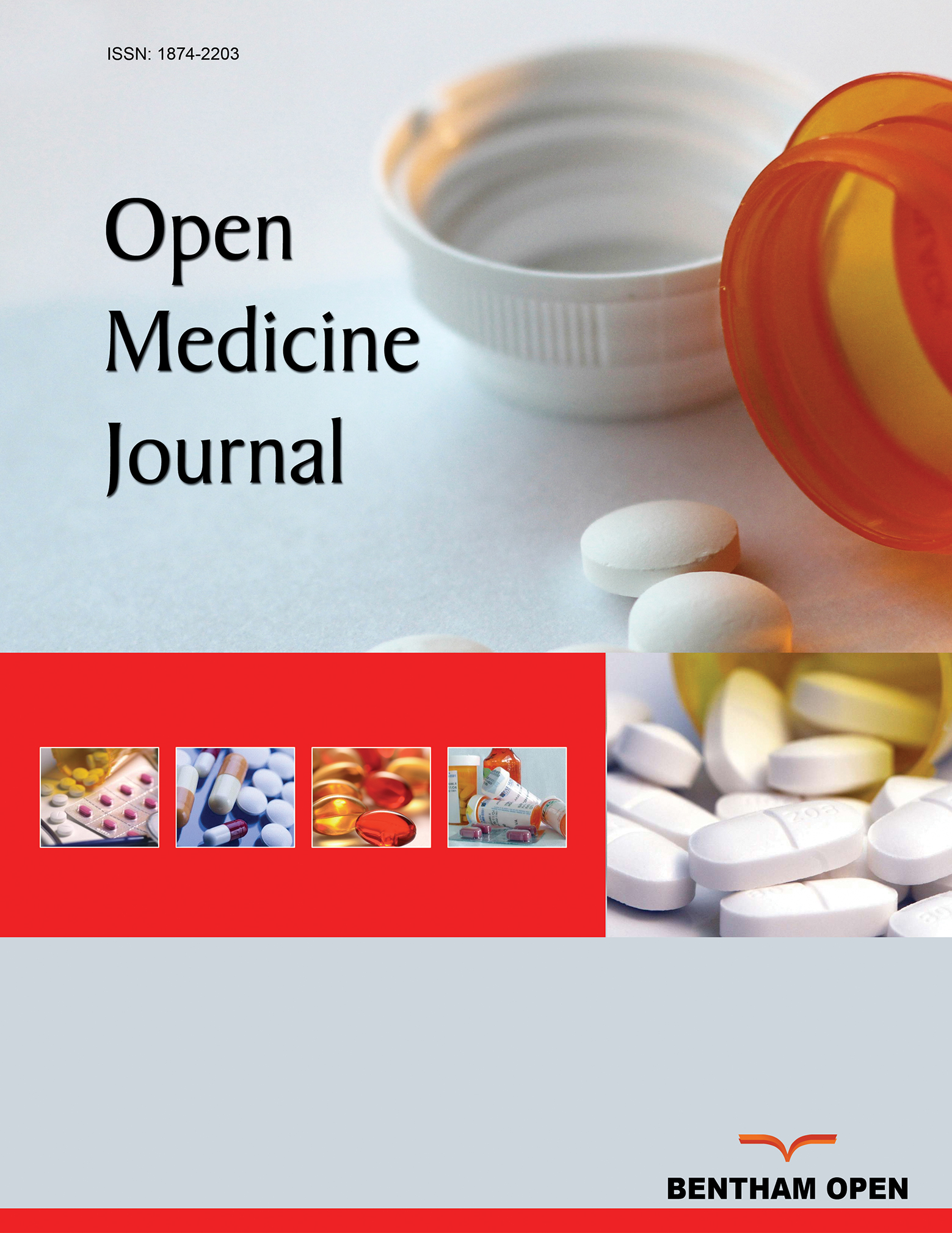All published articles of this journal are available on ScienceDirect.
Validity and Reliability of the Greek Version of the Literacy Assessment for Diabetes Scale
Abstract
Background
The Literacy Assessment Scale (LAD) for diabetes is a tool used to assess Health Literacy (HL) in patients with Diabetes Mellitus (DM). The purpose of this study was the translation, cultural adaptation, and evaluation of the validity and reliability of the LAD scale in Greek.
Methods
The research was carried out in health centers in the region of Attica, from October 2019 to February 2020. The reverse translation method of the original version of the LAD scale was adopted, with translation from English to Greek and vice versa, by two experts working independently. The scale includes 60 words in three columns of graded difficulty and increasing complexity, assessing the pronunciation of each word. Validity and reliability testing were performed on a sample of 50 adults with DM. In order to check the content validity, a pilot study was carried out with ten patients. The results added two additional subscales to assess knowledge and comprehension of each word. The level of statistical significance was set at p<0.05.
Results
The majority of participants were married men (58%), with a mean age of 68 years. Cronbach’s alpha coefficients were 0.87, 0.86, and 0.92 for the subscales “pronunciation,” “knowledge,” and “comprehension,” respectively. The mean score for the “pronunciation” subscale was 56.76 (± 3.75), for “knowledge” it was 54.28 (± 4.34), and for the “comprehension” subscale, it was 48.92 (± 7.05). In the adaptive percentage performance of the verbal assessment, both “knowledge” and “pronunciation” subscales were rated above 90%. Statistically significant differences were found in the “pronunciation” (p < 0.001) and “comprehension” (p < 0.001) subscales among employed persons under 67 years of age compared to those aged 67 and over, unemployed, or retired. Additionally, statistically significant differences were observed in the “comprehension” subscale (p < 0.001) between tertiary education graduates and those with primary or secondary education.
Conclusion
The Greek LAD scale is a reliable and valid tool to assess HL of patients with DM. It is a quick and easy-to-use tool for nurses providing healthcare to people with DM in the community. Nevertheless, this scale needs further psychometric validation in other populations, settings, and countries.


